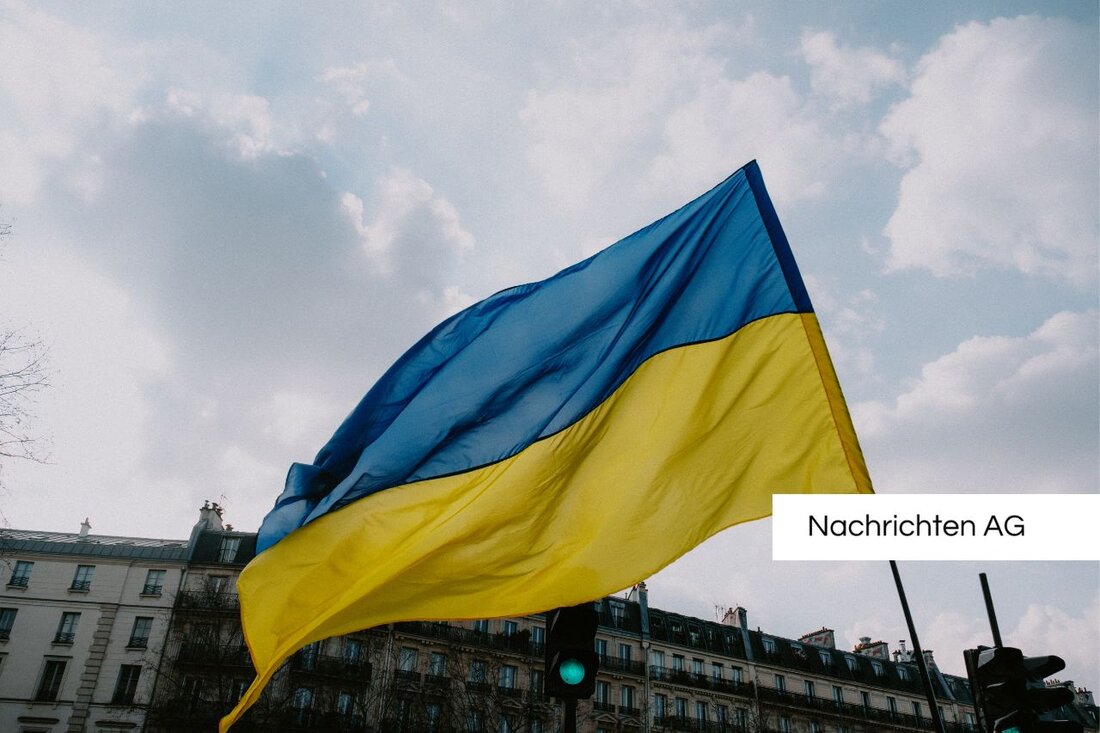Democracy in danger: Mayors fight against growing aggression!
Schwerin on November 6th, 2025: Mayors, conflicts and the influence of the AfD - a look at local democracy and challenges.

Democracy in danger: Mayors fight against growing aggression!
On November 6, 2025, the mayors in Mecklenburg-Western Pomerania will be under enormous pressure, as current reports from Pro Peace show. The term “left behind” is often used to describe the explosive situation in cities and communities. Especially at the city and community day in Schwerin, the responsible politicians clearly articulated their concerns and needs. Spokeswoman Susanne Miosga emphasizes that respect in city councils is dwindling and respectful debates, especially on migration issues, are hardly possible anymore.
The tense atmosphere has led to elected officials being increasingly attacked. A drastic example is provided by Mayor Stefan Fassbinder from Greifswald, who had to hold a town hall meeting under police protection in 2024. In Neubrandenburg, too, a mayor had to resign to protect his privacy. The AfD's influence has increased in the 2023 local elections, raising additional concerns about democratic values. In the upcoming state elections in 2026, almost 38 percent of voters could vote for the AfD.
The harsher tone in politics
The brutalization of political communication makes it difficult to build trusting relationships. Mayor Rico Reichelt from Boizenburg shows that threats can even go as far as death threats, although this is seen as relatively low compared to other colleagues. He was elected in 2022 as a stranger with left-wing ideas, a circumstance that was not without conflict. After the Ukraine conflict, 400 people organized a peaceful protest in the market square, showing that there is also room for civil disobedience. Pro Peace supported Reichelt in conflict prevention and developed ideas for de-escalation.
In Torgelow there are also positive approaches to promoting peaceful coexistence. Mayor Kerstin Pukallus draws a positive interim conclusion about the collaboration with Pro Peace, which introduced a plan for action. Nevertheless, there is increasing mistrust of democratic structures - especially where extremist groups hinder the objective work.
Volunteering and support
In small communities, volunteer citizens are often affected by the conflicts. Miosga emphasizes the importance of these people sacrificing their free time for the common good. Committed people in places like Boizenburg, Ludwigslust and Torgelow are actively committed to regaining trust and dealing with conflicts constructively. They work to create a culture of cooperation and togetherness to strengthen society.
In a completely different context are the challenges faced by birthday mothers who either give a child up for adoption or have already done so years ago. The emotional burden is enormous, and the necessary support from friends and family is often missing. How on Adoption.com described, online self-help groups can be a valuable tool for exchanging ideas with like-minded people. Topics such as grief, pride and the search for understanding are at the heart of these groups. The opportunity to overcome feelings of isolation and find support in a community is invaluable for many women.
In summary, the current developments both in Mecklenburg-Western Pomerania's politics and in social areas show how important it is that the commitment to tolerance and democracy does not weaken. Allies and initiatives are crucial to creating positive change - whether through constructive policy debates or by supporting vulnerable groups. The challenges are diverse, but local commitment could be the key to better coexistence.

 Suche
Suche
 Mein Konto
Mein Konto